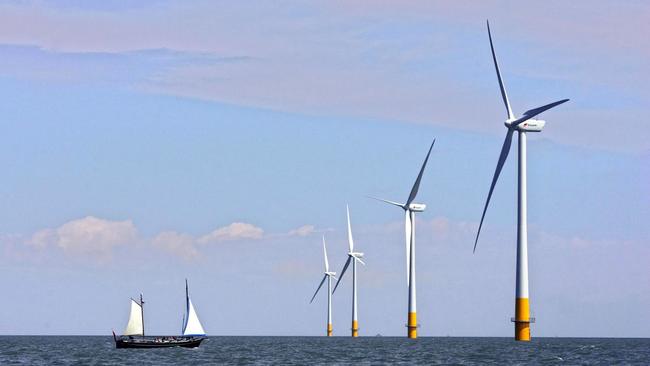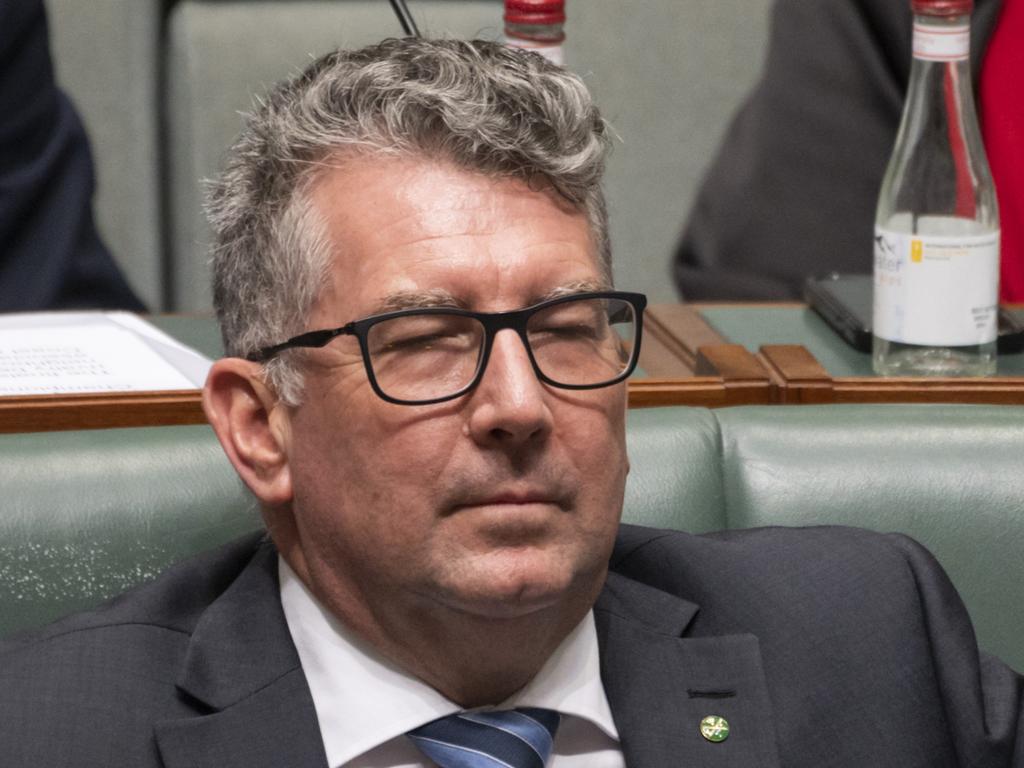Lessons for all in UK’s uncomfortable energy transition

As winter fast approaches, energy prices have spiked to record highs thanks to a perfect storm of unusually calm weather shutting down wind farms, which form the main renewables engine for the country, and a global shortage of natural gas, which typically supplies almost a third of Britain’s electricity.
The stress in the British energy system comes as Australia plans to restructure its National Energy Market. That includes the new idea that energy suppliers will be paid for capacity to deliver energy as well as the energy itself. This is already operating in Britain and thank goodness it is.
This week the National Grid energy supply operator asked Electricte de France to switch on two of its coal-fired power plants in Britain to cope with the problem, according to The Telegraph. Wholesale electricity prices have jumped by four times.
Most of Britain’s coal-fired power station have been shut down. But the need for coal through the transition and increasingly through this winter is an inconvenient truth just seven weeks ahead of the United Nation’s COP26 conference which the UK is hosting in Glasgow (where it will be both dark and cold). Britain will be flying the flag on net zero emissions.
A number of heatwaves of the European summer have caused the underperformance of wind. The three-day heatwave in Britain this week did the same thing to wind turbines. As a result wind, which has provided an average 18 per cent of the electricity over the last 12 months, was contributing less than 5 per cent, and the coal contribution had doubled to 5 per cent. Around 45 per cent came from gas. Prices being paid in the capacity market to cover short term demand have inevitably jumped higher.
In Australia the rise in gas prices internationally has been a boon for our exporters. As reported in The Australian this week, Asian LNG prices have jumped to nearly $US20 a gigajoule.
Australian gas to be delivered in February 2022 is also twice as high as levels at the end of April and LNG exports rose 17 per cent to $10bn over three months to July 2021.
Unfortunately for Britain, gas prices have also been ratcheting up across Europe and Russia (with which Britain has a strained relationship) has been turning the screws by restricting supply through the Nord Stream 2 Pipeline. That vulnerability is made worse by not enough storage facilities in the UK.
The energy regulator in Britain has been forced to raise the cap on energy prices charged on consumers by over $250, come October. The Telegraph is reporting that manufacturers might even curb output as a result of price hikes.
Things are not likely to get any easier with energy demand increasing and the regulator Ofgem expected to increase the price cap for consumers even further.
Octopus Energy, the British energy retailer of renewables and gas in which Australia’s Origin Energy has a 20 per cent stake, said this week that energy providers were now often selling fuel below cost, subsidising customers by over £5m ($9.3m) a month.
In Sydney Origin Energy CEO Frank Calabria says one of the consistent challenges emerging everywhere is how to maintain reliable and affordable supply to customers.
“Renewables are clean, low cost and will increasingly meet the vast majority of energy needs, yet the variable nature of their output means dispatchable capacity must be readily available to maintain reliable supply, and this role is currently played by coal, batteries, pumped hydro and gas peaking plants.”
One of the take-outs from Britain’s problems is around storage, where the country seems to have fallen behind. In the June quarter the pipeline for utility-scale battery storage increased to over 20GW from more than 800 projects. But these will not be ready for Britain’s long winter.
A new capacity market in Australia recommended by the Energy Security Board’s Dr Kerry Schott was criticised by some renewables providers that believe it is an underhand way to delay the exit of coal.
At gas and renewables producer Origin, Calabria backs the ESB thinking. “The reliability challenge has been central to the ESB’s post-2025 market design work, acknowledging that we may need to move beyond an energy-only market to a system where generators are paid for the capacity they have available – given some of those plants may only be called on a few times a year and otherwise would not earn enough money to be economic. Origin supports this type of capacity mechanism, provided it is designed carefully to reward available capacity and encourage investment in new, flexible dispatchable capacity that can best support a system dominated by renewables – it is not about prolonging the life of coal.”





Britain’s uncomfortable experience of energy transition, exposed this week, should be a lesson for Australia.